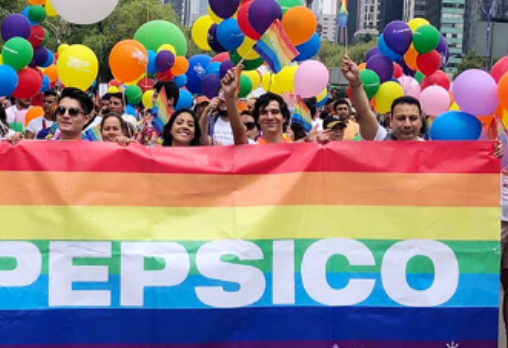PepsiCo has reported a dip in its snack food revenues for the latest quarter, reflecting the cautious spending behavior of consumers in a challenging economic environment. The food and beverage giant’s second-quarter earnings showed a modest revenue growth of 1.9%, a significant drop from the 13% growth recorded in the same period last year.
CEO Ramon Laguarta attributed part of the revenue decline to the significant impact of product recalls on PepsiCo’s Quaker Foods business in North America. Additionally, Frito-Lay North America experienced a slight decrease in organic revenue, despite the segment’s robust performance in recent years. This decline comes despite substantial investments in branding, capacity, go-to-market strategies, and supply chain enhancements.
Pepsi is saying consumers are looking for more deals to get more for their money. I really wonder if it’s about deals or Ozempic? Both? https://t.co/dGAImzT5ie
— Maggie Philbin (@maggieOphilbin) July 11, 2024
Laguarta pointed to persistent inflationary pressures and higher borrowing costs as key factors tightening household financial conditions. “These economic challenges have made consumers more value-conscious, influencing their spending patterns and preferences across various brands, packages, and channels,” he noted.
The broader economic landscape shows consumers grappling with high prices across almost every grocery aisle. According to the PYMNTS Intelligence report “The Online Features Driving Consumers to Shop With Brands, Retailers or Marketplaces,” 23% of consumers who bought groceries in the previous month cited higher prices as the main issue. This concern outstrips any other challenge faced in purchasing groceries, highlighting the widespread financial strain on shoppers.
Despite these challenges, there may be some relief for consumers. Food and packaged goods brands and retailers are beginning to offer more discounts after several years of consistent price hikes. Data from NielsenIQ indicates that 28.6% of products were sold with promotions, up from 25.1% three years ago. This increase in promotions suggests that manufacturers and retailers are facing diminished power to raise prices unchecked.
Post-pandemic consumer splurging is rapidly coming to a halt, according to Pepsi and Delta Air Lines — more evidence that the U.S. economy is likely in for a period of slower economic growth. https://t.co/pt0CXDz8g6
— NBC News (@NBCNews) July 11, 2024
Carman Allison, a vice president at NielsenIQ, commented on the trend: “Consumers are voting with their wallet. If prices rise too aggressively, many consumers will switch brands or even stores.” This sentiment underscores the delicate balance brands must maintain in pricing strategies to retain customer loyalty.
PepsiCo’s experience is a microcosm of a broader industry trend where inflation and economic uncertainty drive cautious consumer behavior. As shoppers become increasingly budget-conscious, brands must navigate these challenges by balancing price adjustments with strategic promotions to maintain market share.
Looking ahead, PepsiCo and other major food and beverage companies will need to adapt to these evolving consumer preferences and economic realities. The ability to offer value while managing costs will be crucial in sustaining growth and navigating the complexities of the current market environment.
While I don’t disagree with the overarching idea of a weak consumer… Poor people drink tons of pepsi and always will. A poor will sacrifice diapers and pablum to buy pepsi.
The real reason? Id say it’s pepsi’s marketing. pic.twitter.com/v8wijpaGAX
— MapleMonsterBox (@OilViper) July 11, 2024
Key Points:
i. PepsiCo’s snack food revenues dipped in the latest quarter, with overall revenue growth falling to 1.9%.
ii. Product recalls impacted Quaker Foods, and inflationary pressures tightened household finances, affecting consumer spending on snacks.
iii. Consumers face high prices across grocery aisles, with 23% citing higher prices as a significant challenge.
iv. Brands and retailers are increasing promotions, with 28.6% of products sold with discounts, up from 25.1% three years ago.
v. Navigating consumer caution and economic pressures will be crucial for PepsiCo and other brands in maintaining growth.
Charles William III – Reprinted with permission of Whatfinger News



